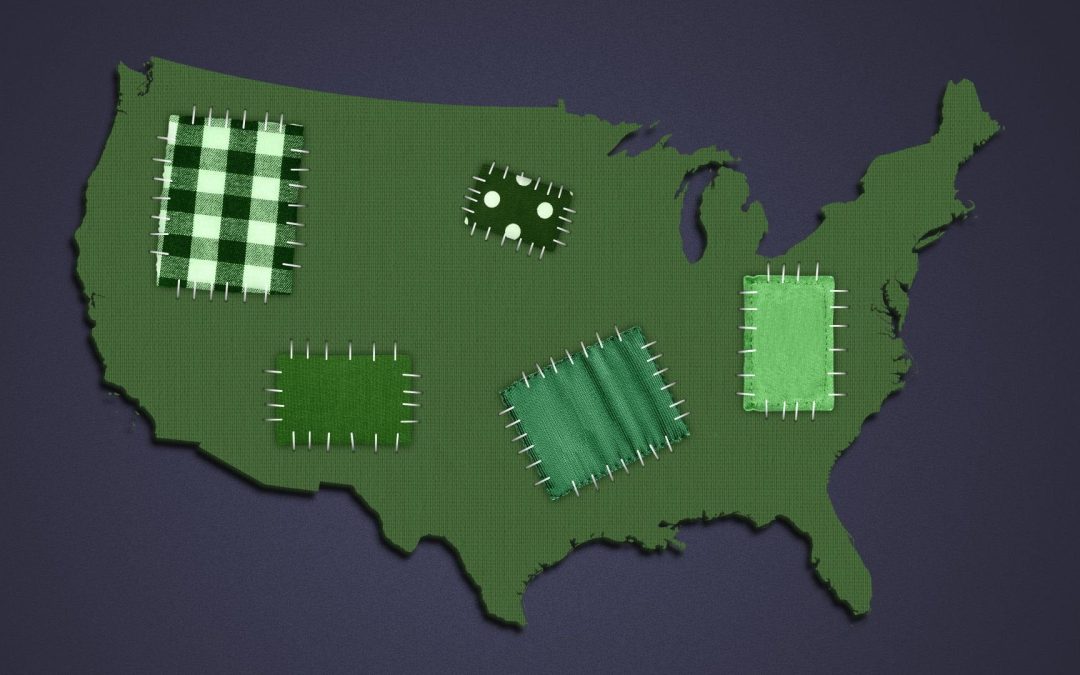It’s long been clear that uneven federal disaster recovery and relief efforts exacerbate racial and social divides, Axios‘ Ayurella Horn-Muller writes.
The big picture: From tracking disaster impacts on Black communities following a devastating tornado to providing food supplies to Latino farmers amid deadly wildfires, community-based organizations across the country are revising that narrative.
Driving the news: California’s predominately Latino farmworkers are facing loss of homes and livelihoods, following back-to-back bomb cyclones.
- And the predominately Black town of Rolling Fork, Mississippi, one of several majority-Black towns that were pummeled by a tornado last Friday, has long been plagued by flood and tornado concerns.
Zoom out: At a federal level, the newly formed Black Resilience Network is advocating for more equitable disaster response and recovery.
- They’re doing that through co-hosting stakeholder’s events with FEMA and DHS, as well as tracking the impacts, response and recovery process for disasters on Black communities — which they’re piloting right now in Mississippi.
- “It gets back to the idea of … addressing inequities as we improve our climate and disaster resilience,” says founder Atyia Martin.
Threat level: Climate change is producing an uptick in the frequency and intensity of disasters like hurricanes, floods, heatwaves and wildfires.

